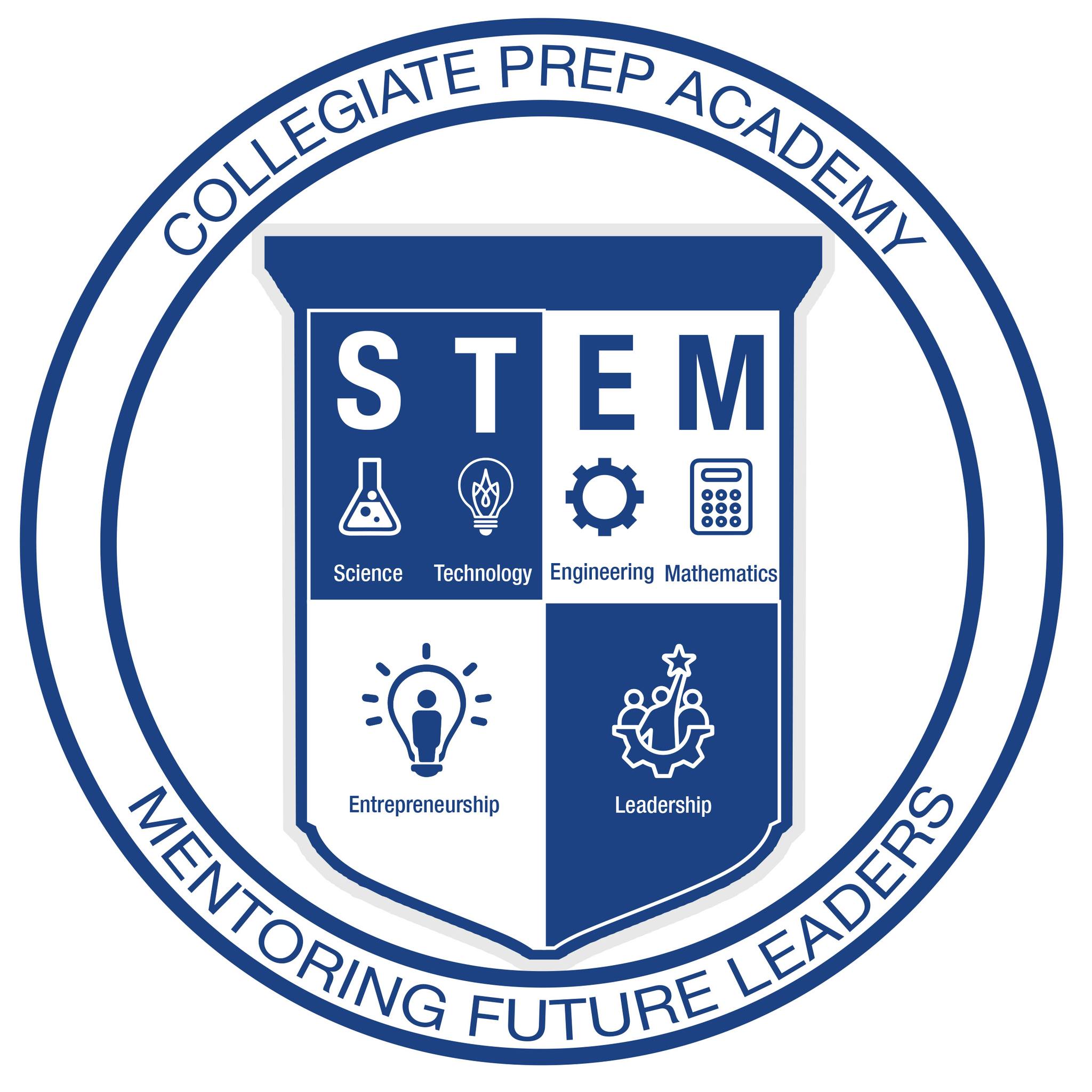Who is the Ideal Collegiate Prep Academy Student?
The ideal student at Collegiate Prep Academy is characterized by a strong sense of purpose, intrinsic motivation, and a deep-seated passion for learning. These qualities are essential for engaging deeply with the curriculum and making the most of the Academy’s offerings.
The courses here are designed to cultivate students’ knowledge and skills through critical thinking activities, experiential learning, and profound discussions. Instruction is delivered through a three-dimensional sequence embedded in an anchor phenomenon, ensuring consistent and meaningful learning experiences across all subjects.
Ideal students are those who thrive in a rigorous and intellectually demanding environment, actively engaging with their peers and teachers. They are collaborative learners who contribute to a stimulating educational atmosphere.

Entrepreneurship Program for Innovators and Changemakers (EPIC by Babson College)
Collegiate Prep Academy teaches the EPIC (Entrepreneurship Program for Innovators and Changemakers) curriculum, created by Babson College, a globally recognized leader in entrepreneurship education.
Babson’s EPIC curriculum introduces middle and high school students to Entrepreneurial Thought & Action® — Babson College’s entrepreneurial methodology for creating economic, social, and environmental value. Through Babson’s EPIC curriculum, students apply an entrepreneurial mindset to a local or regional problem connected to at least one of the UN Sustainable Development Goals that they are passionate about. In doing so, they learn to see obstacles as opportunities and use that knowledge to activate change.
Open to Grades 7-12
Semesters: January and July (Limited Seats)
July 2025 Session: Date: July 21st – 31st (10 days), 10:00 AM-1:00 PM
Cost: $550
Limited seats! Register Now
January 2026 Session start date: TBD

Algebra I
Algebra 1 introduces students to variables and algebraic expressions, and students develop a deep understanding of linear relationships emphasizing patterns of change, multiple representations of functions and equations, modeling real world scenarios with functions, and methods for finding and representing solutions of equations and inequalities.
Open to Grades 7-12
10 month program: (Start date -January or July)
Cost: $1500
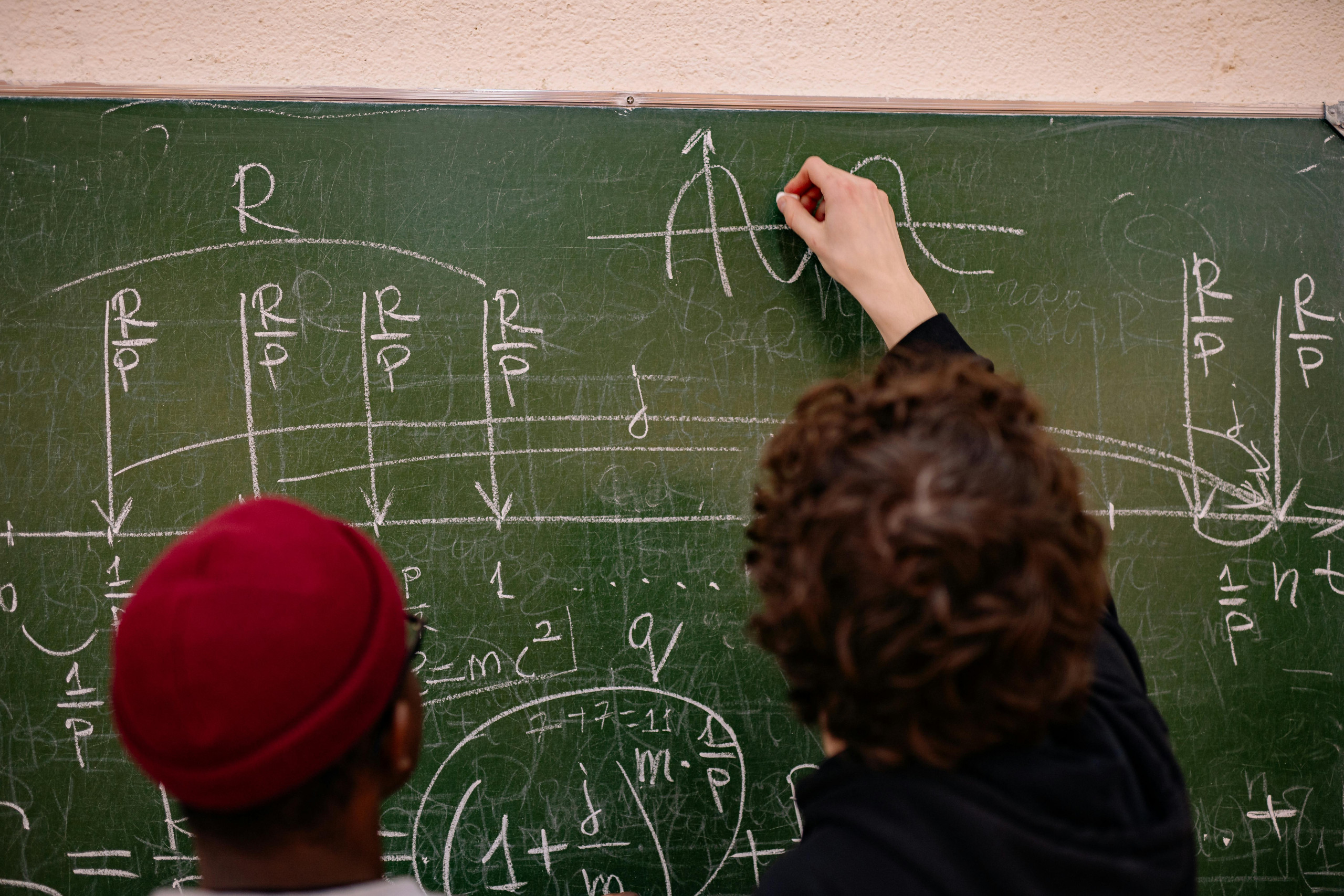
Algebra II Honors
Algebra II is an advanced study of Algebra and prepares students for more rigorous mathematics like Precalculus, followed by AP Calculus and beyond. Students will gain a strong understanding exploring linear, quadratic, polynomial, exponential, and logarithmic functions, and conic sections. Real-life applications are also used to reinforce theory and concepts. An in-depth study of topics in trigonometry including ratios, unit circle, graphing and identities are all included.
Prerequisite: Grade of “A” in Alg 1 Honors, and a minimum of “B” in Geometry 1 Honors.
Students completing this course will earn credit for high school level Algebra II Honors.
Open to Grades 8-12
10 month program: (Start date -January or July)
Cost: $1500

Applied Geometry
This course will cover various Geometry topics and principles, including coordinate and spatial geometry, introductory trigonometry, angles, parallel lines, congruent and similar triangles, polygons, circles and other figures. The course also focuses on developing the skills necessary to construct logical, step-by-step proofs in the context of geometric concepts, including understanding geometric axioms, theorems, and definitions, to justify and demonstrate geometric relationships through various proof formats like two-column proofs.
Open to Grades 8-12
10 month program: (Start date -January or July)
Cost: $1500
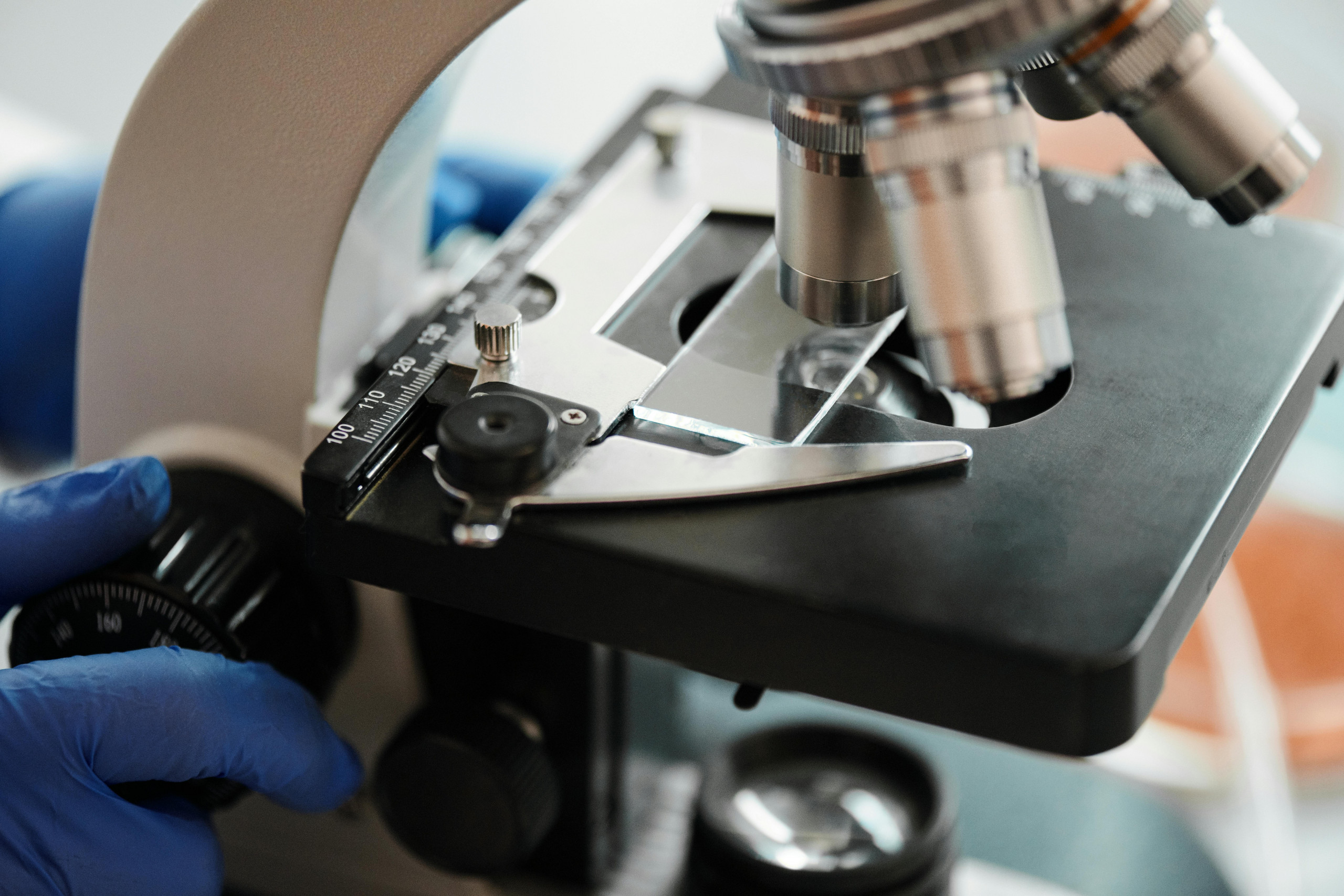
Advanced Placement Biology
AP Biology is an introductory college-level biology course. Students cultivate their understanding of biology through inquiry-based investigations as they explore topics like evolution, energetics, information storage and transfer, and system interactions.
Open to Grades 9-12
10 month program: (Start date -January or July) – includes practice tests.
Cost: $1500

Advanced Placement Capstone (2 year program- AP Seminar and AP Research)
AP Capstone Seminar course is a foundational course that aims to engage students in cross- curricular conversations that explore real-world topics and issues from multiple perspectives. Students are empowered to collect and analyze information with accuracy and precision to craft and communicate evidence-based arguments. In addition, students will gain valuable research, writing and presentation skills in alignment with the Common Core Standards. Course Goals: The focus of the course is on skill development.

Advanced Placement Seminar
AP Seminar is a foundational course that engages students in cross-curricular conversations that explore the complexities of academic and real-world topics and issues by analyzing divergent perspectives. Using an inquiry framework, students practice reading and analyzing articles, research studies, and foundational, literary, and philosophical texts; listening to and viewing speeches, broadcasts, and personal accounts; and experiencing artistic works and performances. Students learn to synthesize information from multiple sources, develop their own perspectives in written essays, and design and deliver oral and visual presentations, both individually and as part of a team. Ultimately, the course aims to equip students with the power to analyze and evaluate information with accuracy and precision in order to craft and communicate evidence-based arguments.
Open to Grades 7-12
10 month program: (Start date -January or July)
Cost: $1500

Advanced Placement Research
AP Research is an interdisciplinary course that encourages students to demonstrate critical thinking and academic research skills on a topic of the student’s choosing. To accommodate the wide range of student topics, typical college course equivalents include introductory research or general elective courses. Research areas include Behavioral Sciences, Environmental Sciences, Human Health, Medicine, Medicinal Herbs, Plant Biology.
Open to Grades 8-12
10 month program: (Start date -January or July)
Cost: $1500

Advanced Placement Chemistry
The AP Chemistry course provides students with a college-level foundation to support future advanced coursework in chemistry. Students cultivate their understanding of chemistry through inquiry-based investigations, as they explore content such as: atomic structure, intermolecular forces and bonding, chemical reactions, kinetics, thermodynamics, and
Equilibrium. The AP Chemistry course is designed to be the equivalent of the general chemistry college level course.
LABORATORY REQUIREMENT
This course requires that 25 percent of instructional time engages students in lab
investigations. This includes a minimum of 16 hands-on labs (at least six of which are guided
inquiry). It is required that students keep a lab notebook throughout.
Open to Grades 9-12
10 month program: (Start date -January or July) – includes practice tests.
Cost: $1500

Advanced Placement Computer Sciences
AP offers two computer science courses—AP Computer Science A and AP Computer Science Principles. Students can take the courses in any order.
The AP Computer Science Principles course complements AP Computer Science A by teaching foundational concepts as it aims to broaden participation in the study of computer science. In AP Computer Science A, students will learn how to use Java to build games and/or creatively address real-world issues. Through hands-on experiences in analyzing, writing, and testing code, students will learn how to transform an idea into a functioning program. Come discover the power of coding!
Open to Grades 9-12
10 month program: (Start date -January or July) – includes practice tests.
Cost: $1500

Advanced Placement Psychology
Advanced Placement Psychology is the equivalent of a college introductory psychology course. This is a rigorous and demanding course, intended to providethe scope and level of accomplishment expected in a college/university setting. The curriculum for this course places a heavy emphasis on essential readings, writing assignments, independent projects, and frequent tests intended to prepare students for the AP Exam. The instructor’s role is to facilitate your drive and accomplishment by structuring learning situations and selecting learning tools to help you attain your goals: a successful score on the AP Psychology Exam, an enrichment of your life through the acquisition of psychological, research-informed knowledge.
Open to Grades 9-12
10 month program: (Start date -January or July) – includes practice tests.
Cost: $1500

Advanced Placement Statistics
AP Statistics is an introductory college-level statistics course that introduces students to the major concepts and tools for collecting, analyzing, and drawing conclusions from data. Students cultivate their understanding of statistics using technology, investigations, problem solving, and writing as they explore concepts like variation and distribution; patterns and uncertainty; and data-based predictions, decisions, and conclusions.
Open to Grades 10-12
10 month program: (Start date -January or July) – includes practice tests.
Cost: $1500

Introduction to Biology
This course provides a comprehensive introduction to the major concepts of biological sciences and the characteristics of life. The course is designed to engage students in understanding the major processes of cells including cell structure, growth, and reproduction. The course provides the student with an in‐depth understanding of genetics and heredity as well as the roles they play in a population.
Open to Grades 6-12
Semesters: January and July
Cost: $500
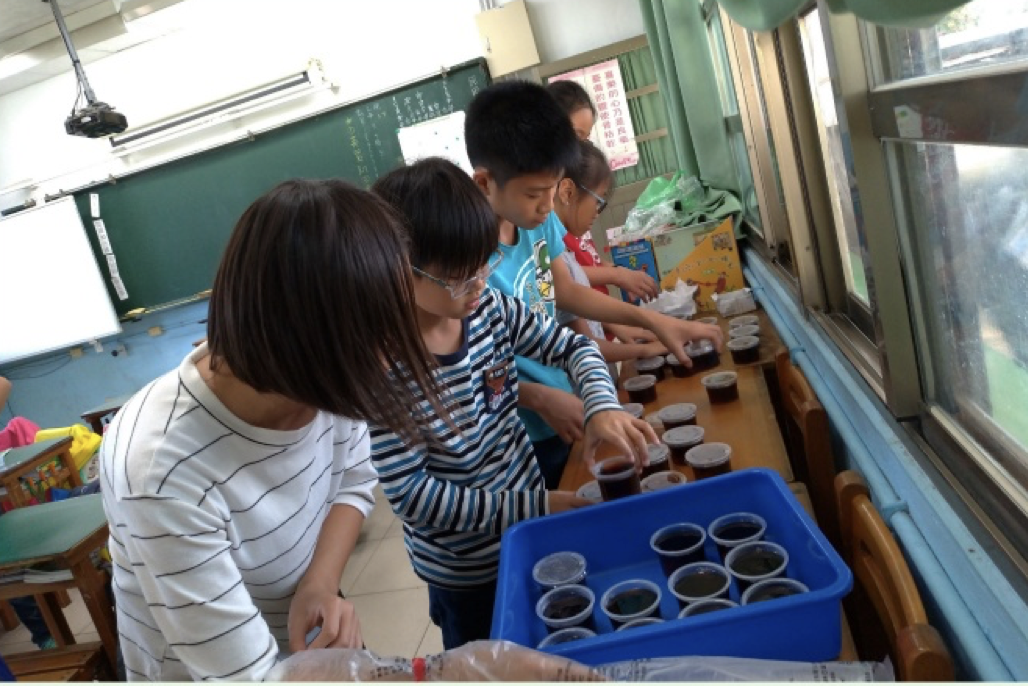
Introduction to Botany
Introduces basic principles of plant structure, function and reproduction including the diversity of plants and environmental influences on plant growth and survival. Applied topics include human uses of plants in agriculture, commerce, medicine and ecology. Lecture and laboratory.
Open to Grades 6-12
Semesters: January and July
Cost: $500

Introduction to Chemistry
Students are introduced to chemistry as a central science, intact with methods, key historical figures thereof, as well as problem solving skills that pertain to the mathematics of the field. They explore the different branches of chemistry and its importance in our life. Students are instructed units in a multimodal format via follow along presentations per unit as well as introductory labs corresponding to the following topics including: Scientific Method, Matter and Its Classification, Properties of Matter, Measurements and SI System, Uncertainty in Measurements, Units Conversion, and Density.
Open to Grades 7-12
10 month program: (Start date -January or July)
Cost: $1500

Introduction to Computer Sciences
Introduction to Computer Sciences provides students with fundamental topics that include problem solving, design strategies and methodologies, organization of data (data structures), approaches to processing data (algorithms), analysis of potential solutions, and the ethical and social implications of computing. The course emphasizes both object-oriented and imperative problem solving and design using the Java programming language. These techniques represent proven approaches for developing solutions that can scale up from small, simple problems to large, complex problems.
Open to Grades 7-12
10 month program: (Start date -January or July)
Cost: $1500
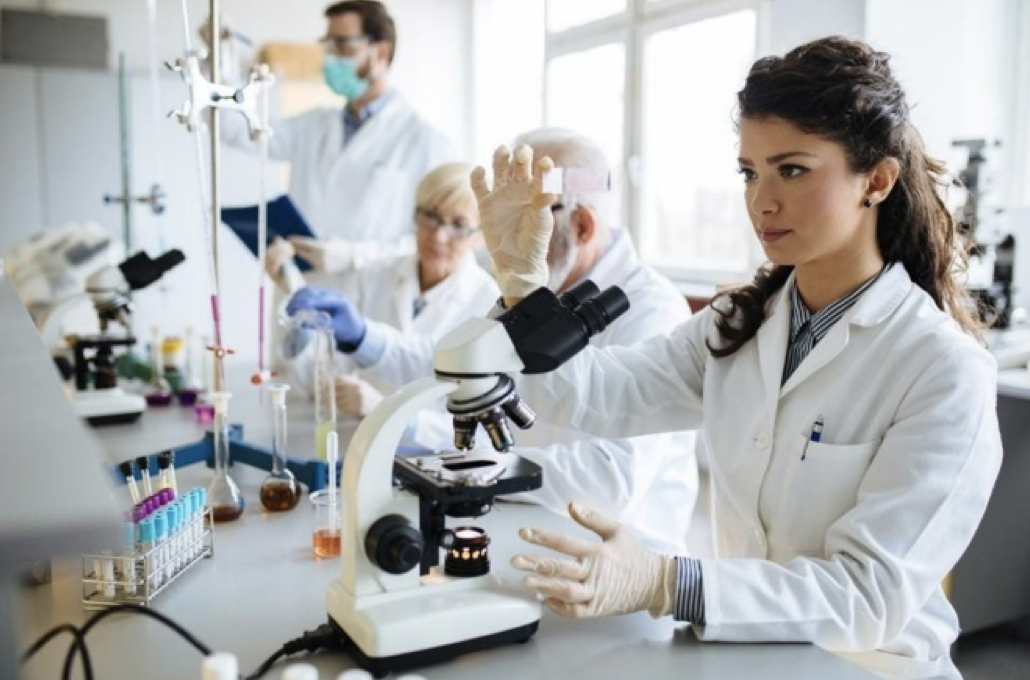
Introduction to Experimentation/AP Seminar
Middle School science emphasizes hands-on application of the scientific method. Students practice the scientific method of developing hypotheses and devising experiments to test them and learn the safe use of scientific laboratory tools, building a base of comfort and competence that will be put to further use as students take on more sophisticated concepts in higher-level courses.
Students begin the study of science in the Middle School by examining topics with which they can have first-hand experiences, including life on their planet, interactions with their local environment, and an understanding of the physical and biological world. Opportunities are provided that will engage students’ interests and stimulate them to ask questions about their surroundings. Specialized equipment and computer sensors are often used during laboratory work with an emphasis on building laboratory and observational skills. These skills, along with a strong introduction to science concepts, enable students to be prepared for more sophisticated concepts that they will face in higher-level courses.
Open to Grades 7-12
10 month program: (Start date -January or July)
Cost: $1500
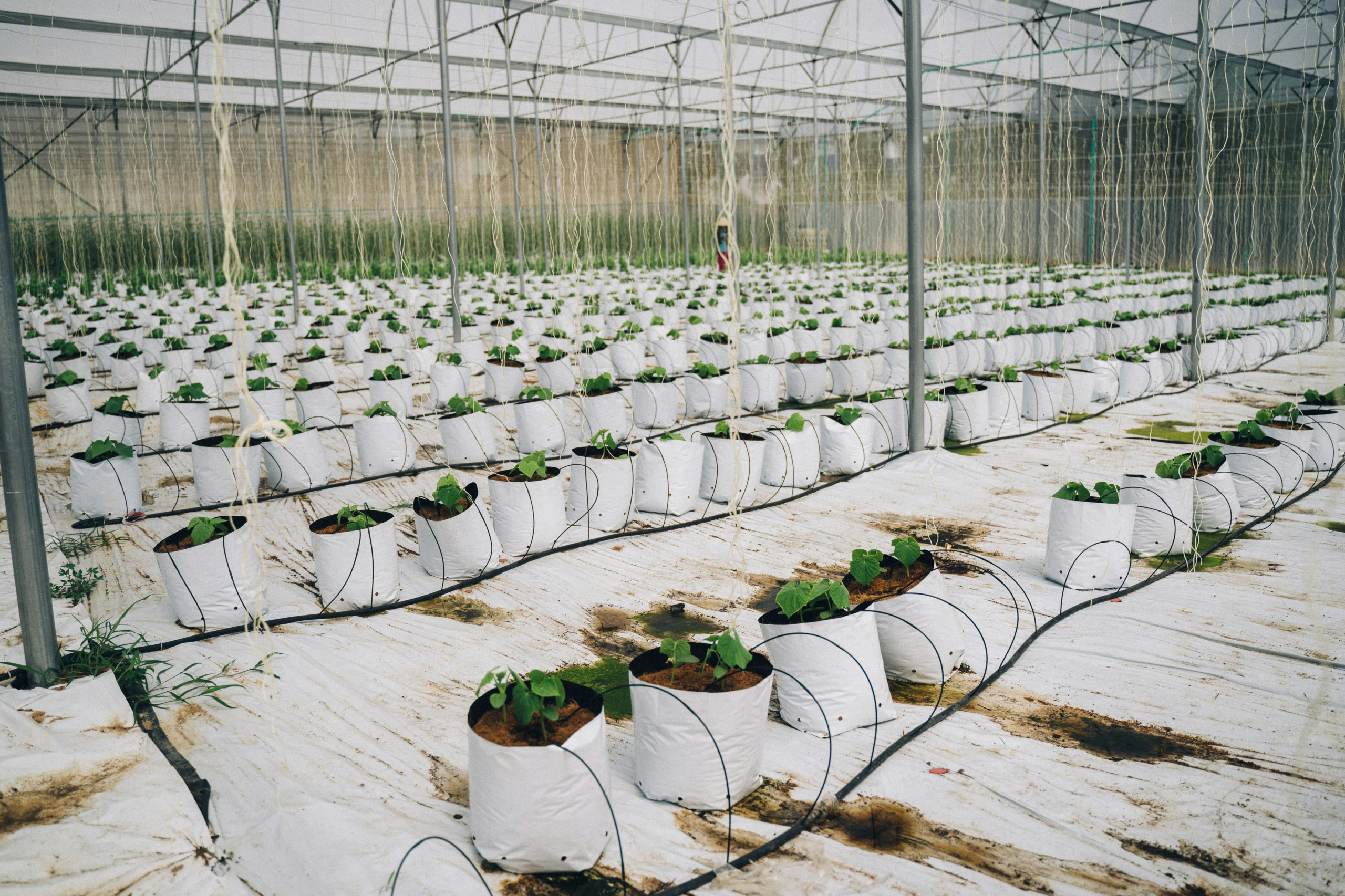
Introduction to Environmental Sciences
Delivered from a systems perspective, an interdisciplinary approach explores contemporary environments that are composed of both human and non-human elements. Explores physical, chemical, and biological processes to understand pressing environmental challenges and cultural values, attitudes, and norms expressed by individuals and populations around the globe. Environmental Science is an interdisciplinary academic field that integrates physical, biological, and social sciences for the study of environmental systems, processes, constraints, and problems. Throughout history, nature has contributed to shaping human cultures. In turn, a growing human population and continued economic and technological development are subject to Earth’s environment and many stresses, in some cases threatening their persistence and often resulting in undesirable consequences for humanity. The interdependence of physical, biological, socioeconomic, and cultural aspects in shaping contemporary environments lies at the heart of environmental science. This general education course will introduce you to environmental science as an academic field to improve your environmental literacy while developing skills in scientific reasoning, interdisciplinary thinking, and analysis of complex social-ecological issues. Emphasis is placed on comparing international perspectives on environmental problems and solutions to highlight the important role of culture in environmental matters.
Open to Grades 7-12
10 month program: (Start date -January or July)
Cost: $1500
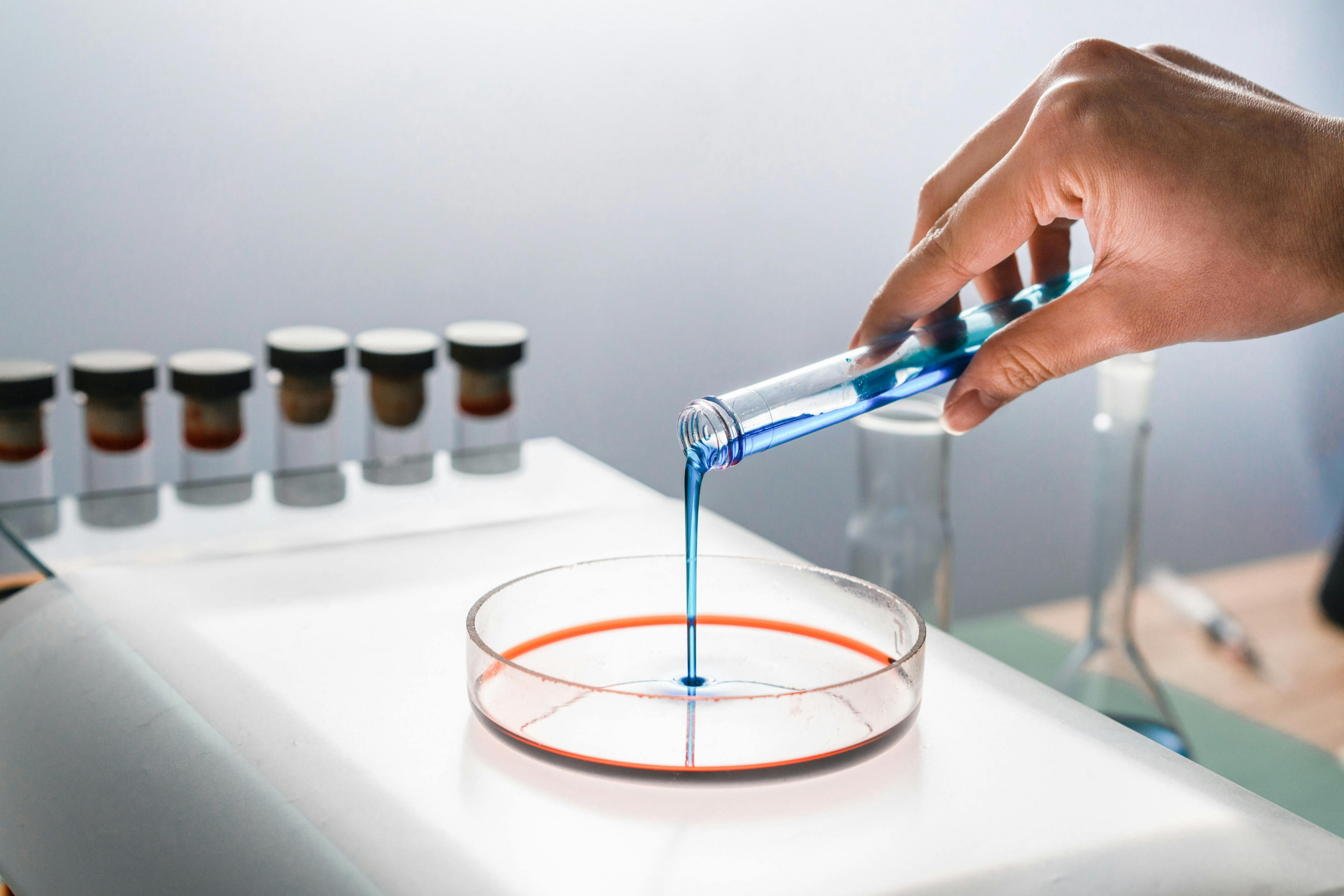
Introduction to Microbiology
This course covers principles of microbiology and the impact these organisms have on humans and the environment. Topics include the various groups of microorganisms, their structure, physiology, genetics, microbial pathogenicity, infectious diseases, immunology, and selected practical applications. Upon completion, students should be able to demonstrate knowledge and skills including microscopy, aseptic technique, staining, culture methods, and identification of microorganisms. This course will interweave background knowledge regarding introduction to the biology of Bacteria, Protists, and viruses; their structure, life cycles, geochemical activities, diversity, ecology, and nutrition. Fundamentals of metabolism, genetics, and genomics, microbial biotechnology, roles in health, disease, and human immunological responses. Meant for students with a fundamental understanding of general biology, molecular biology, and organic chemistry.
Open to Grades 7-12
10 month program: (Start date -January or July)
Cost: $1500

Introduction to Psychology
This course introduces students to the fundamental principles of psychology and the major subjects of psychological inquiry. It will provide students with the tools necessary to study psychology and presents a sampling of the major areas of psychology research. We begin with a short overview of psychology’s development as an academic discipline and then review the principal methodologies most commonly deployed in its study. The units are arranged around broad areas of research, including emotion, development, memory, and psychopathology. We will focus on well-substantiated research and current trends within these categories.
Open to Grades 7-12
10 month program: (Start date -January or July)
Cost: $1500

Introduction to Food Science and Nutrition
Course Rationale
The purposes of this course is :
- To offer learning opportunities within which students can create a base of knowledge and an understanding of principles and concepts that represent the foundation of the science of human nutrition.
- To provide opportunities for students to become aware of the problems, interconnections and solutions related to the major challenges facing humankind in relation to food and nutrition.
- To facilitate the development of awareness of personal consumption and governmental recommendations of nutrients, eating behaviors, values, attitudes and beliefs about nutrition and the roles that nutrition plays in contributing to healthy life styles.
- Open to Grades 7-12Semesters: January and JulyCost: $500

Food Therapy for Health and Fitness
Purpose of the course
Nutrition can be defined quite simply as the science of how the body uses food. But what is food? How does food transform into substances that nourish the body? What do those substances do, and what foods provide them? And how do we make informed food choices to sustain life?
The purpose of this course is to answer these questions and more by providing each student with meaningful information concerning nutritional concepts and problems by drawing information from the fields of food composition, economics, chemistry, physiology, and medicine.
Course Rationale
The purposes of this course is :
- To offer learning opportunities within which students can create a base of knowledge and an understanding of principles and concepts that represent the foundation of the science of human nutrition.
- To provide opportunities for students to become aware of the problems, interconnections and solutions related to the major challenges facing humankind in relation to food and nutrition.
- To facilitate the development of awareness of personal consumption and governmental recommendations of nutrients, eating behaviors, values, attitudes and beliefs about nutrition and the roles that nutrition plays in contributing to healthy life styles.
- Open to Grades 7-12Semesters: January and JulyCost: $500
